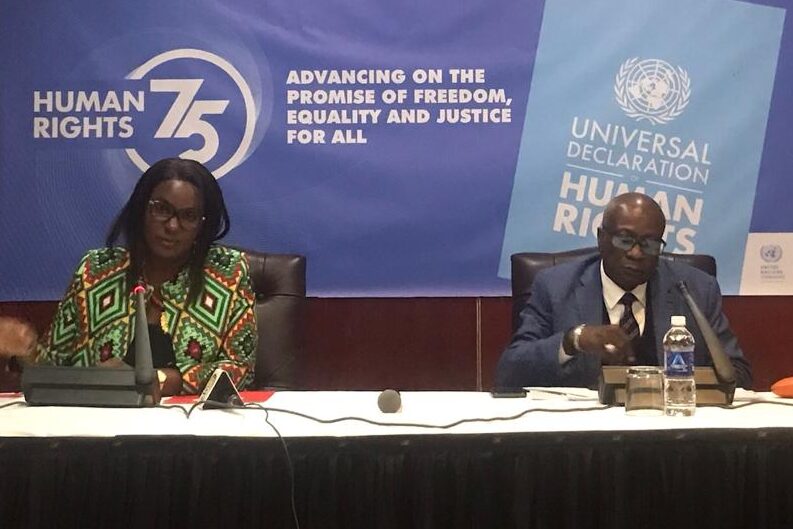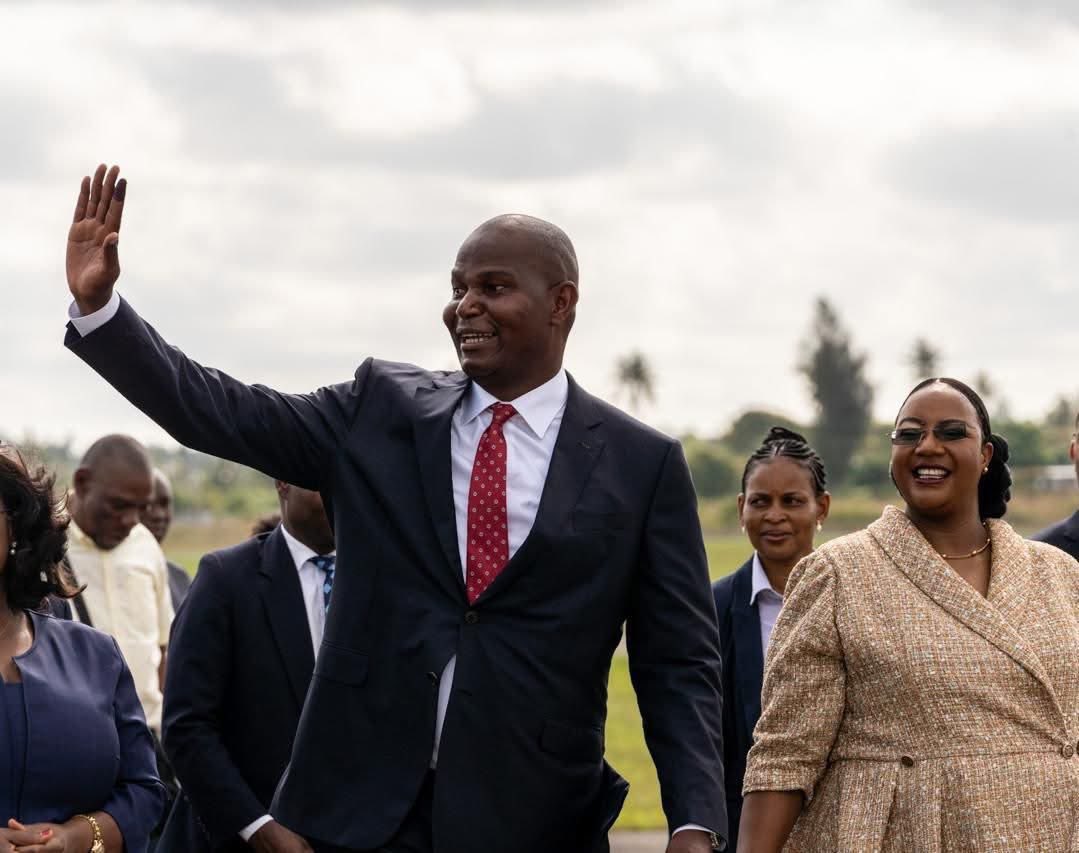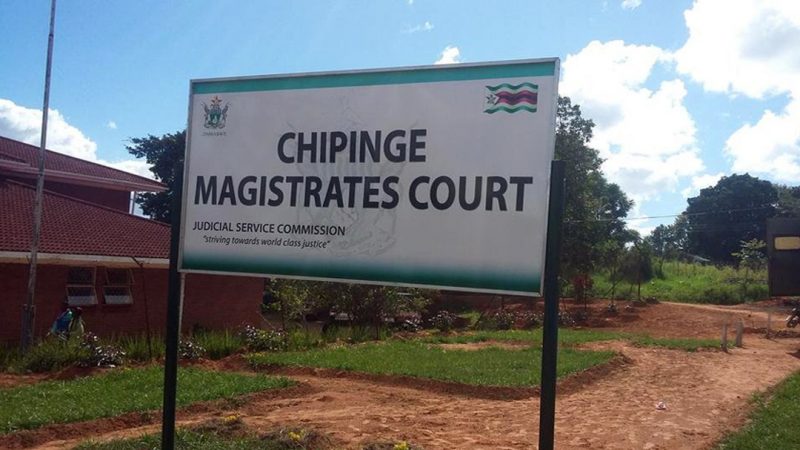HARARE – Violence against women has been cited as one of the main repellent factors to women participation in mainstream politics.
Addressing journalists at the launch of the monthly thematic spotlight on women’s rights, UN women country representative Faith Lo said gender-based violence was also pushing women away from the ballot.
“Unfortunately, gender-based violence stands in the way of women running for political office; women also participating in elections as voters and so on,” she said.
Lo commended the Zimbabwean government for extending the subsistence of the women’s quota provision in the country’s constitution.
“The women’s quota has been extended for the 2023 elections to ensure there is women’s representation in parliament and also it was extended to now cover local government elections.
“Women representation at the local level in particular has been low at 10 to 15 percent. That’s where we stand right now.
“So, we hope that this quota will improve women’s representation at that level.
“We are certainly seeing some good developments and we applaud the government of Zimbabwe and we continue to encourage the implementation of such progressive provisions,” she said.
The quota system was introduced at the inception of the country’s home-grown constitution in 2013 as a form of affirmative action meant to increase representation and participation of women in politics.
The provision was meant to lapse in 2023 but has since been extended through Constitutional Amendment Number Two.
The constitutional clause guarantees 60 proportional representation national assembly seats for women.
Through the amendment, 30 percent of seats in local authorities will now be reserved for women.
Lo said UN Women and its sister agencies as well as other women’s rights organisations have been training women interested in standing as candidates in the 2023 election.
“We have done a lot to support women participation in elections,” she said.
Meanwhile, cyber-bullying and name-calling has also been cited some of the reasons discouraging women from standing for political office.
According to a Zimbabwe Council of Churches report post the 2022 by-elections, there was limited representation of women with only 15.5 percent of the candidates who participated for 122 municipal seats being women.
Speaking at the same event, Charles Mutasa, country director for Diakonia, a faith based Swedish organisation, said the political landscape and environment also discouraged women who wish to stand as independent candidates.
“On the table is also the issue of nomination fees which is very costly for most of the women that we have been working with to try and promote their participation in elections,” he said.
Under the new nomination fees pegged by the Zimbabwe Electoral Commission and endorsed by parliament, prospective candidates will pay US$20,000 to run for president and U$1,000 for parliament to have their names printed on the ballot paper.
















